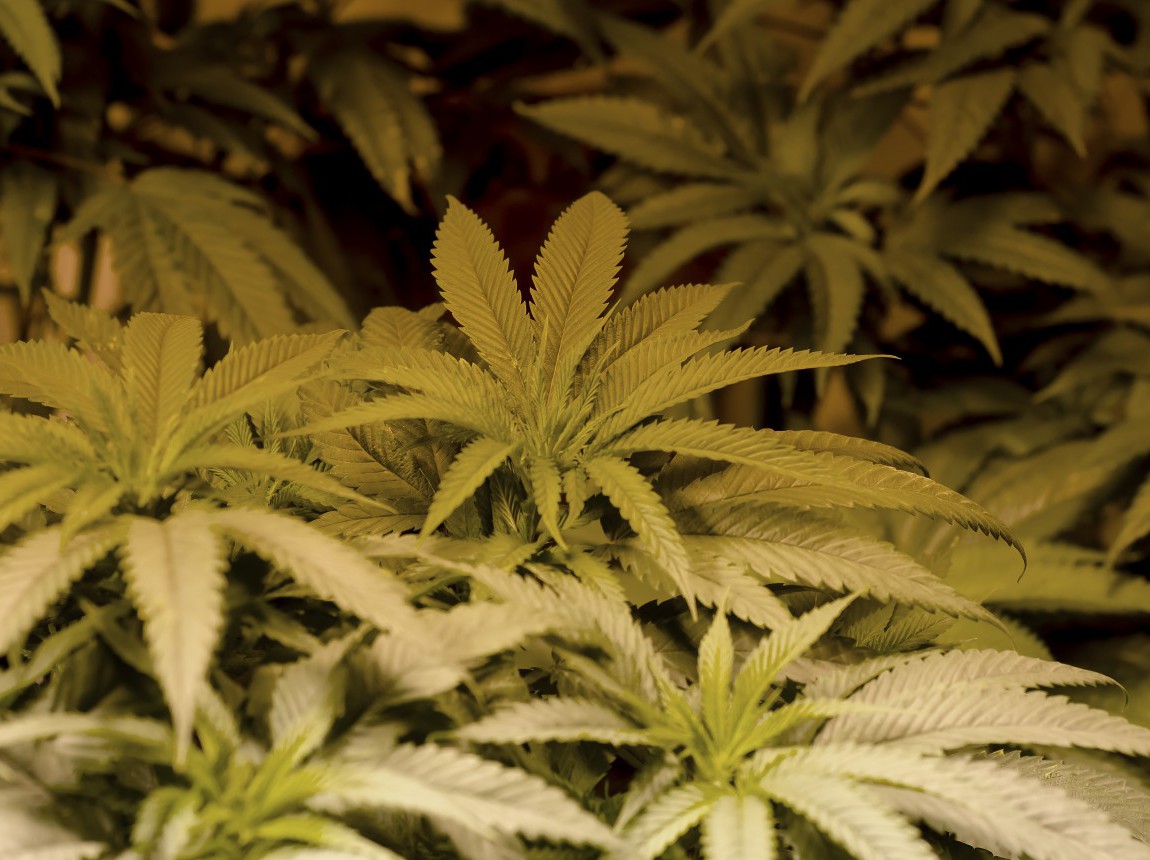Opioid Crisis Is More Complicated Than We Think
Mark Kleiman, a Professor of Public Policy and Director of the Crime and Justice Initiative at New York University’s Marron Institute, and Mary Harris, WNYC's health reporter, join WNYC's Brian Lehrer to discuss the Trump's decision to "not declare a national emergency, his law and order approach to combat it, the under reporting of overdose deaths, and more about opioid addiction treatment and policy." They discuss the complexities of the issues, including the uncertainties of best medical practice, and lessons drawn from historical handlings of drug epidemics.
Some excerpts from the discussion:
Kleiman, (10:00) "The public health versus criminal justice formulation, which is absolutely standard, I think is completely misleading. We have to distinguish means from ends. The goal of all of this is a public health goal, which is reducing drug addiction and drug related harm. If you have techniques which reduce drug availability, that's a big contributor to public health, even if cops are doing it. We've got an opioid problem at the moment because we let prescribing get out of control. It's essentially a relaxation of regulation. All the people who have claimed over the years that supply doesn't matter, it's simply a demand side phenomenon, have been disproven by the current epidemic."
Harris, (12:15) "What are we treating here? Right now, we're framing it as the opioid epidemic, the opioid crisis, but 40% of the people on an opioid have a mental health problem, and I would argue it's probably more than that, so what are people treating with this pain medication? I don't know that they're treating pain. I think they're treating mental anguish too, and we're not getting to that problem."
Kleiman, (19:00) "The crack epidemic of the 80s and early 90s was an epidemic of drug addiction, but was also an epidemic of homicide. You can track the homicide explosion of that period going from city to city along with the crack market. So, the notion that we took this public health problem and arbitrarily made it a criminal justice problem is nonsense. There was a criminal justice reaction because there were a lot of murders involved."
Kleiman, (20:30) "The fact [that] the first heroin epidemic was associated with massive amounts of property crime was true. And when it hits communities that are less desperate, where people have more resources, where people can get by by stealing from their families rather than by committing burglary, then it doesn't look like a crime problem."
To listen to the full show, click here.

